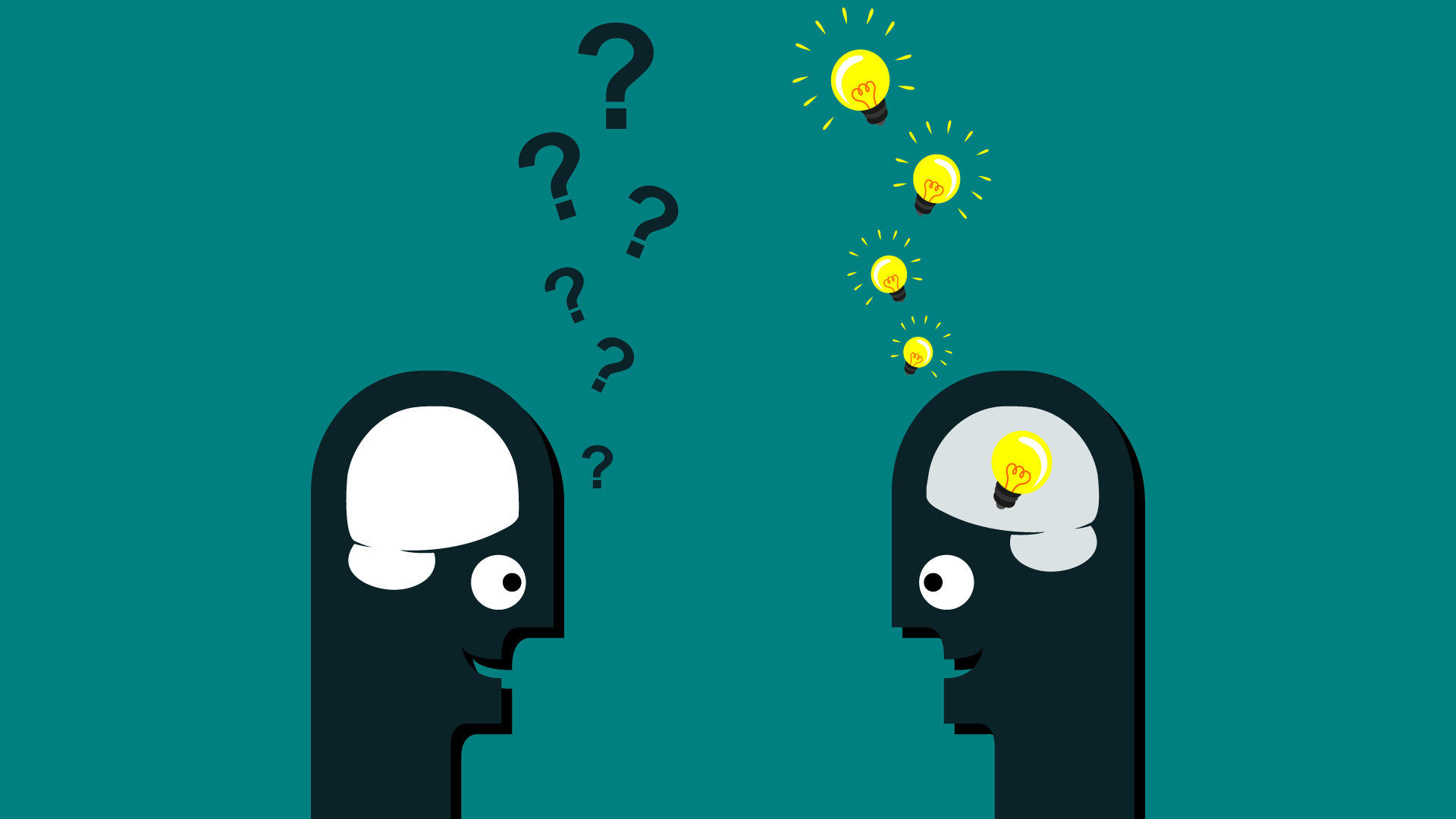Our Denver, Boulder and Fort Collins area ketamine clinics have been treating patients for several years now, a time period over which we’ve been able to watch the progression of this drug as it evolves. We’ve always known, without a doubt, that ketamine is highly effective for the treatment of such psychiatric disorders as depression, anxiety, bipolar disorder, and PTSD. However, the exact mechanism that makes ketamine such an effective antidepressant has been something of a mystery to researchers and clinicians alike.
As researchers have worked to unveil this mystery, they’ve come upon so many other potential uses for ketamine infusions: pain relief for migraine headaches; reduction of suicidal ideations; prevention of relapse in alcohol and drug abuse; as a PTSD vaccine, etc. They’ve also, little by little, painted a picture of how depression and other mood disorders affect the brain. And this has been our favorite part of the ketamine evolution: watching the figurative lightbulb go off as new bits of information are discovered. It’s like being on the sidelines of an ancient archaeological dig, with each small discovery working to create one big picture of how the brain works.
The most recent discovery to come to light is from a team of researchers at Zhejiang University in China, who found that, in a rodent model, ketamine reduces neuronal bursting in a very specific, pea-sized region of the brain: the lateral habenula. The direct result of this bursting is reduced symptoms of depression. Their work seeks to address many of the questions that researchers have had about the use of ketamine for depression: which specific neural pathways are responsible for depression; what other receptors and neural channels need to be active in order for ketamine to be effective; why ketamine is able to relieve depressive symptoms so rapidly; and how ketamine might work in the long-term.
Reading the details of this study, we can identify the influences of past ketamine studies. It’s beautiful how each research team builds upon the work of another, with the ultimate goal of bringing hope to the millions of people suffering from depression across the world.
We’ll continue to watch the evolution of ketamine for depression as researchers piece the puzzle together. It’s been an inspiring and exciting journey, and we are honored to be one of the active participants in the ketamine treatment revolution.
CONTACT VITALITAS
Our ketamine clinics are located in the greater Denver area, and in Westminster, CO—close to Boulder and Fort Collins. If you or a loved one is suffering from debilitating depression, anxiety, PTSD or a chronic pain condition, contact us to learn more about ketamine and how it could help you. We are happy to answer your questions and point you in a direction of health and happiness.


